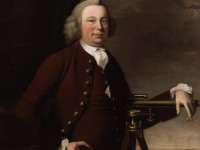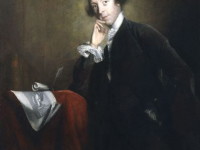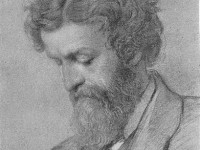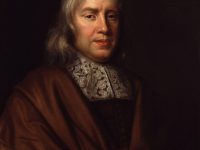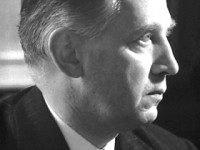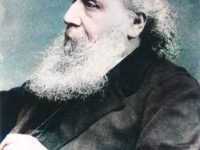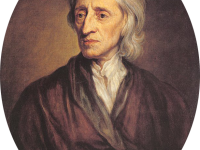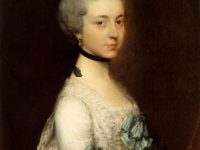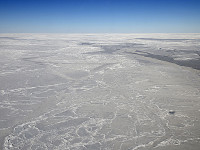Karl Nessler and the Invention of Permanent Waves
On October 8, 1906, German inventor Karl Ludwig Nessler presented his newly invented apparatus to produce permanent waves in his hairdresser salon in Oxford Street, London. Karl Nessler Education and Training Karl Nessler was the son of the shoemaker Bartholomäus Nessler and his wife Rosina (née Laitner) from the Black Forest town of Todtnau below the Feldberg. The idea for the permanent wave allegedly came to him already in his youth. It…
Read more


